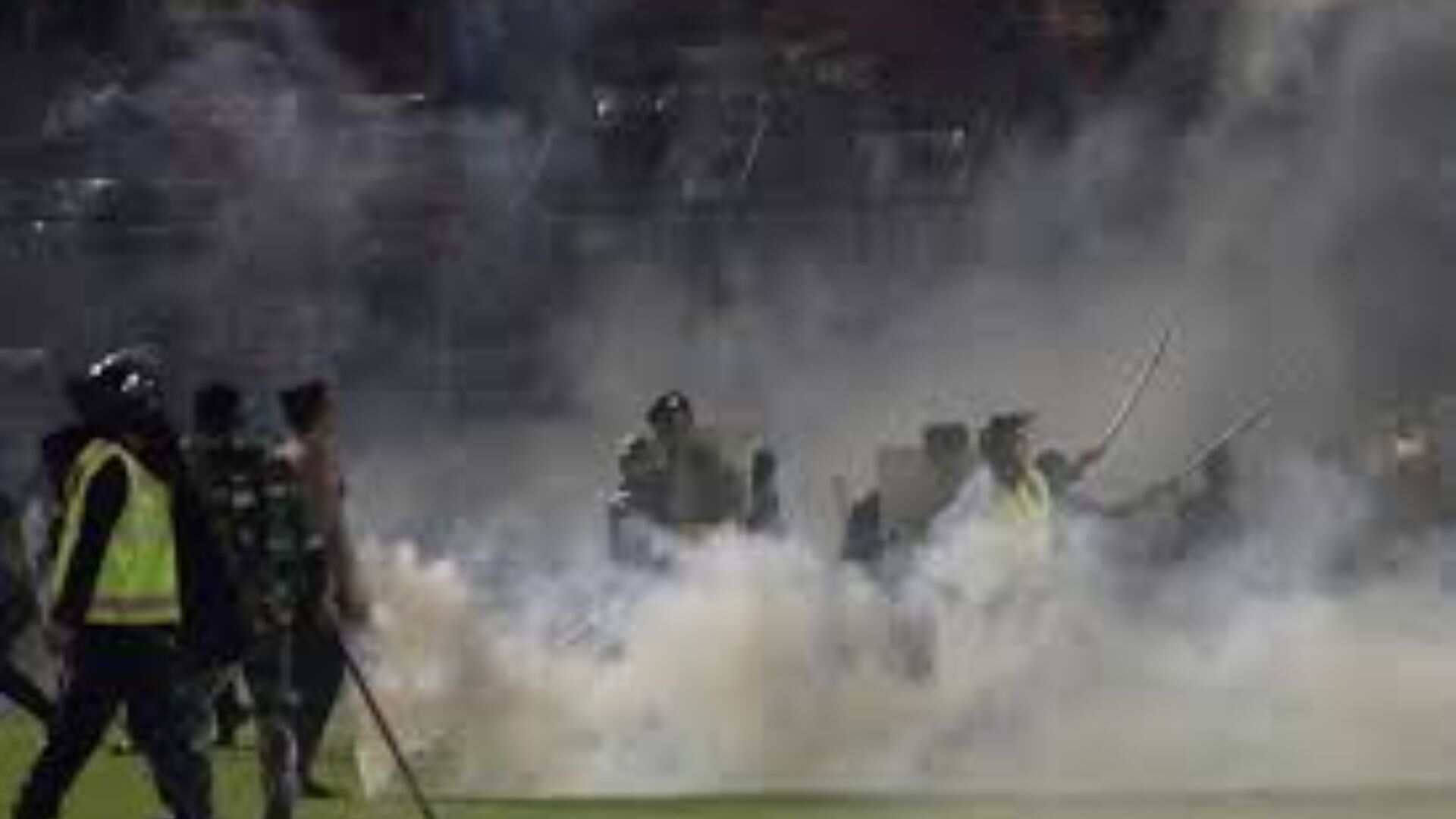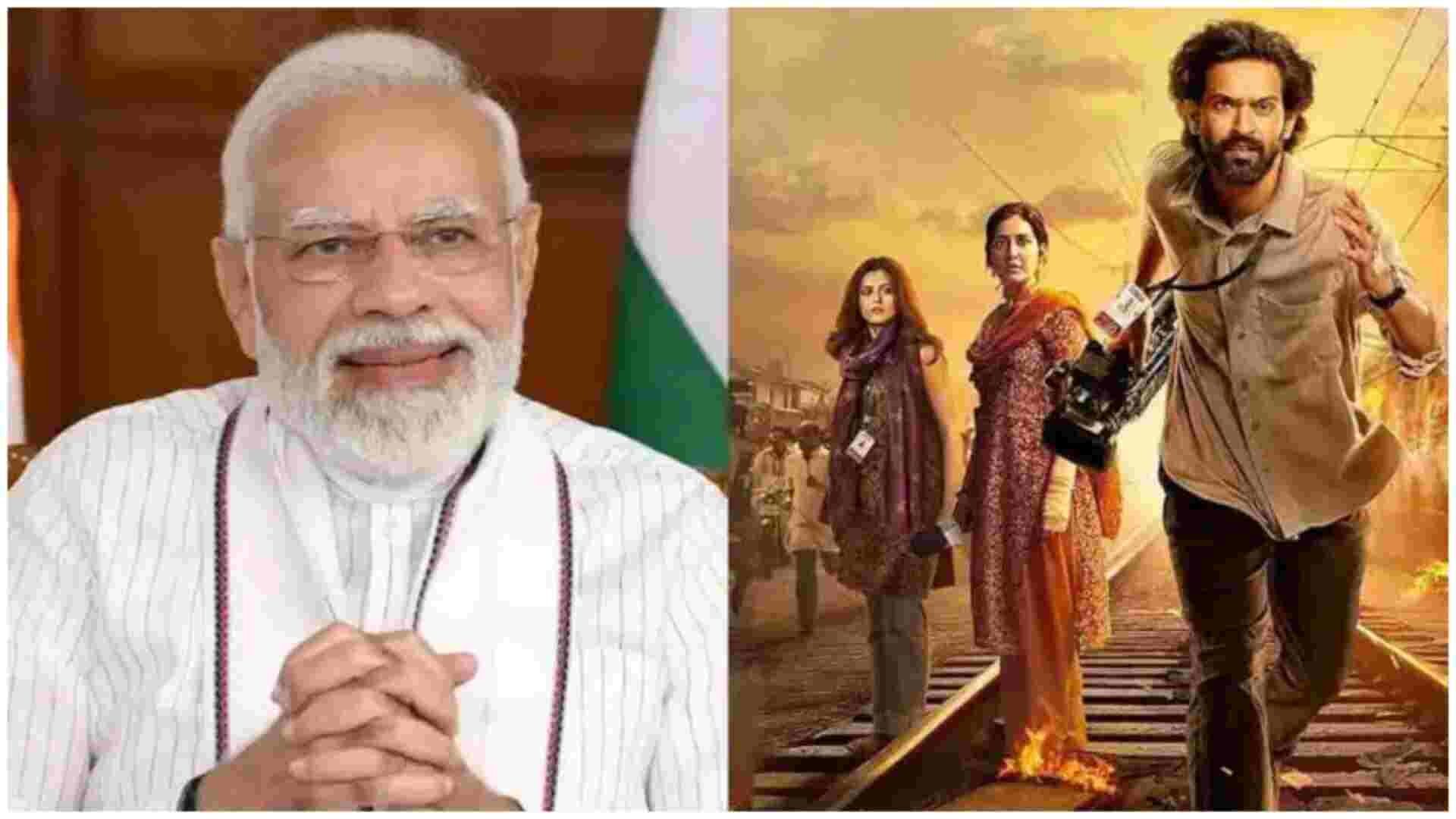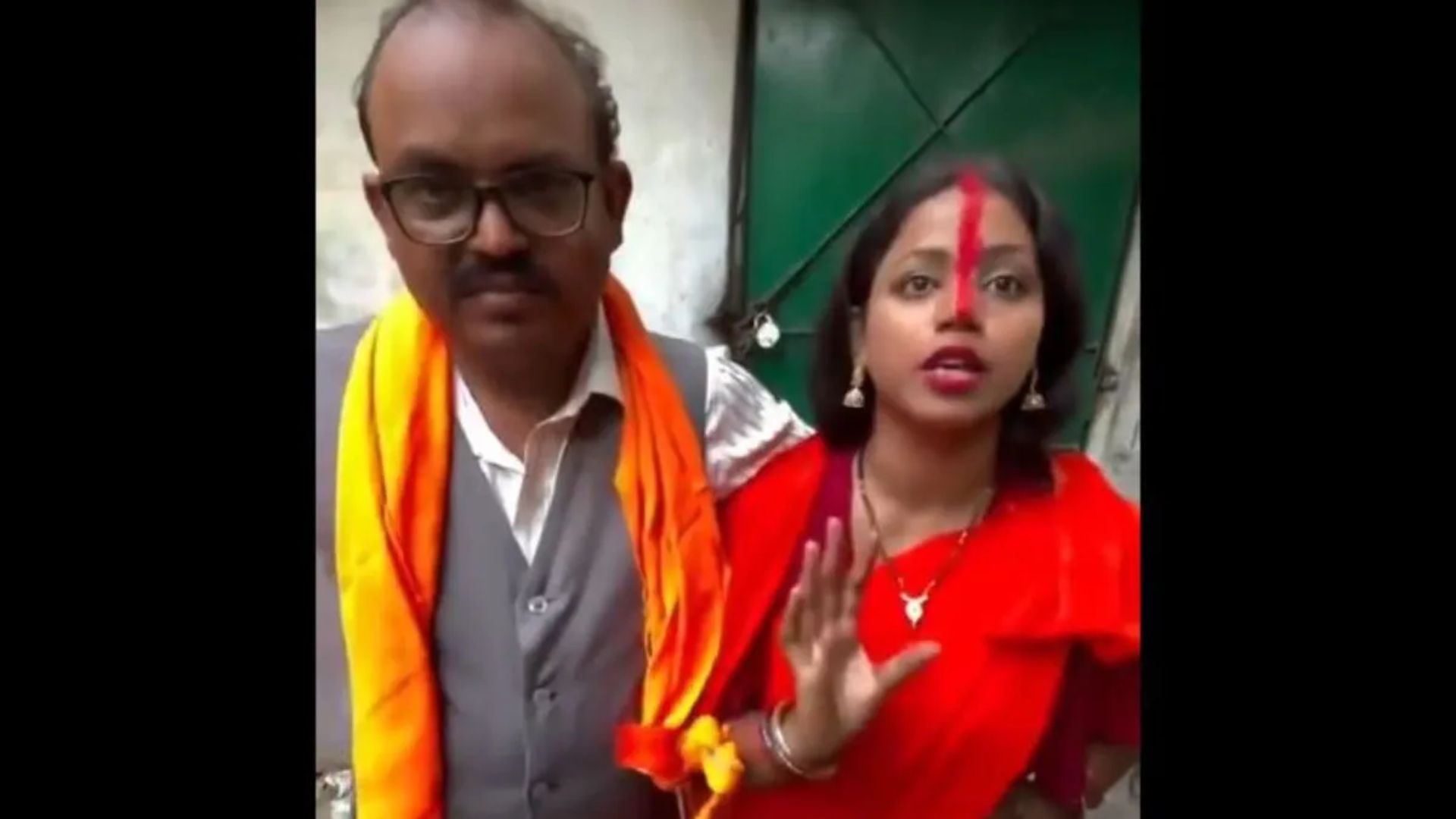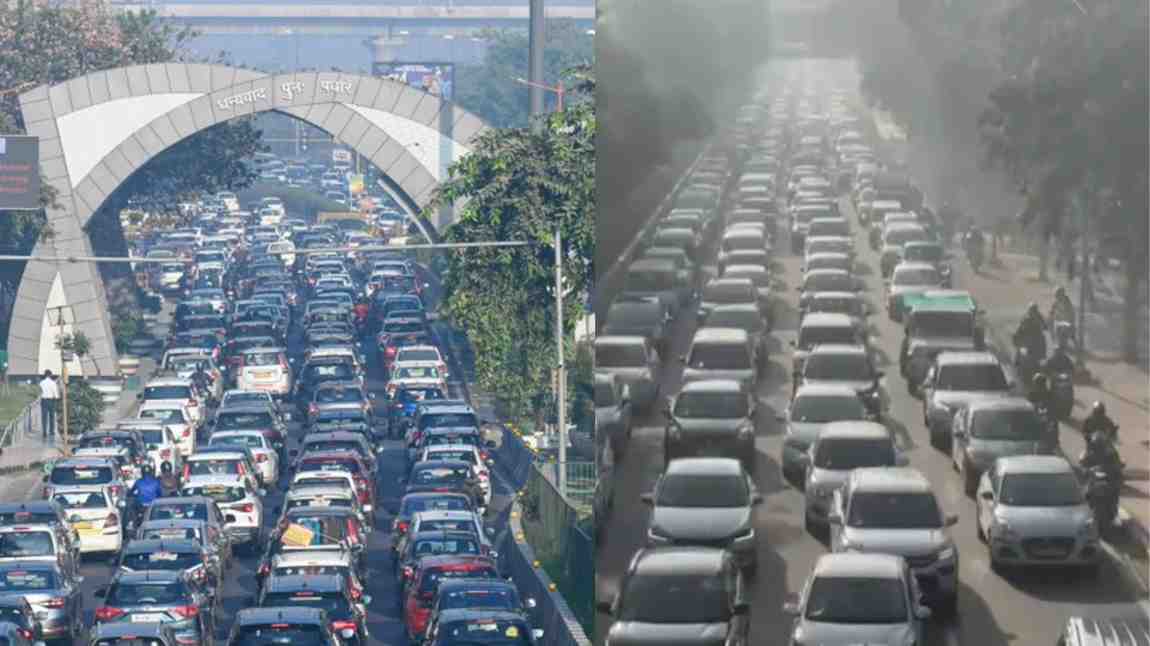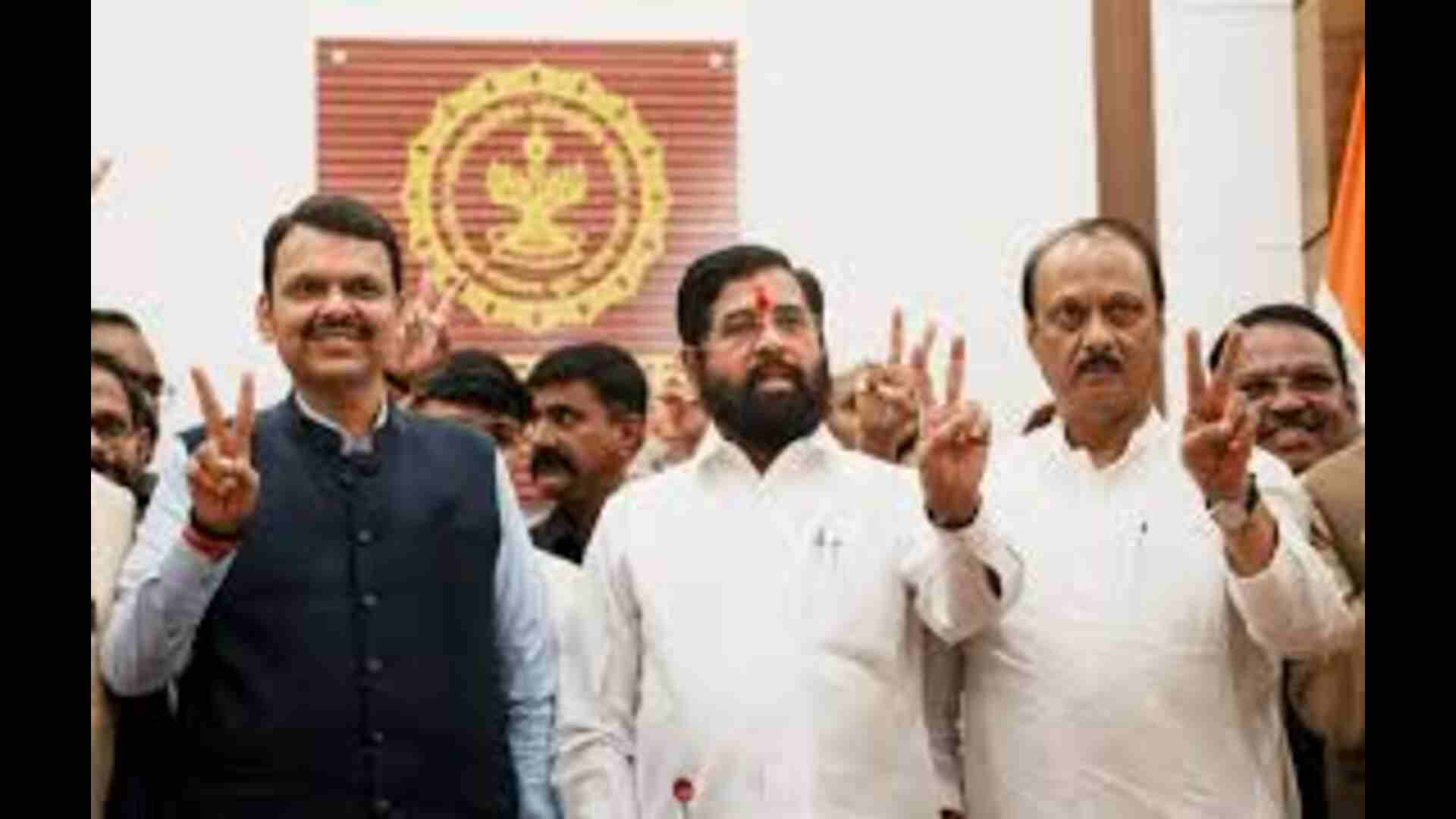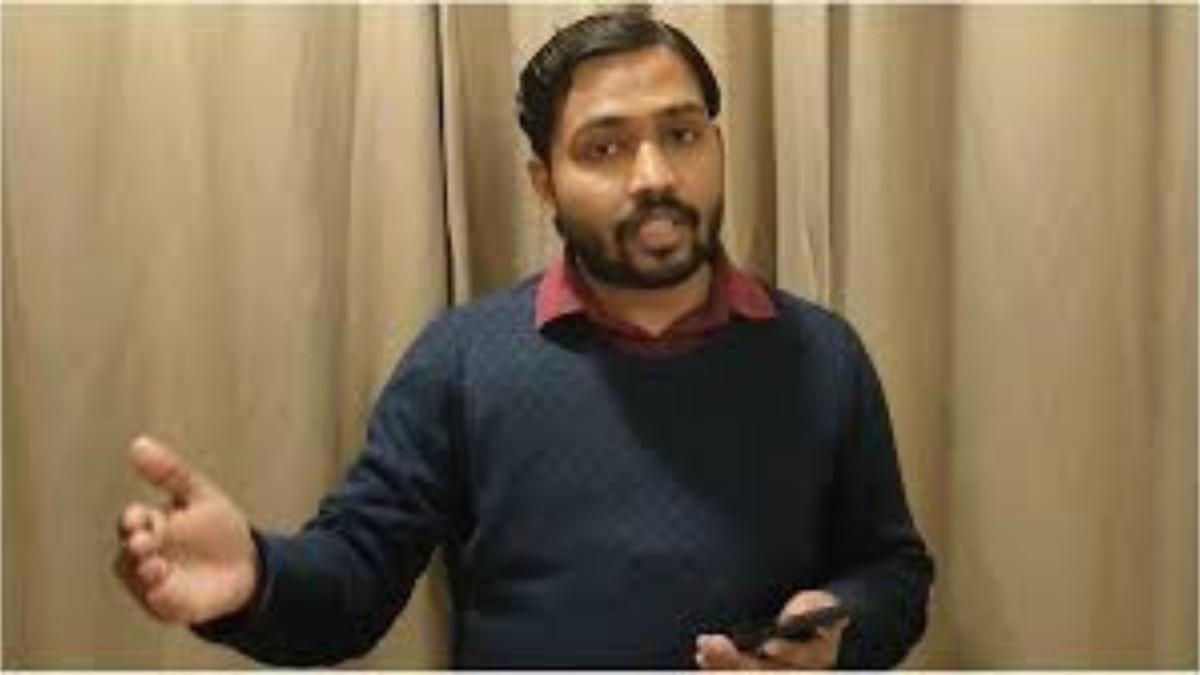
The renowned educator and YouTuber from Patna, Khan Sir, is usually known to be the engaging teacher with his lectures but has suddenly found himself in the midst of controversy. A video lecture explaining what Cabinet Ministers, Ministers of State, and Ministers of State with Independent Charge do has been doing rounds on social media, in which he was criticised as being factually incorrect.
In the five-year-old video uploaded on his popular YouTube channel, Khan GS Research Centre, Khan Sir says that an MoS takes independent charge temporarily when the Cabinet Minister is not available. Many opposed this and argued that MoS and MoS (Independent Charge) are different and not the same thing.
आपका नाम खान सर है ,कुछ लोग आपको नक्शा विशेषज्ञ भी कहते हैं ,आपकी कोचिंग में रेलवे फाटक मैन से लेकर राजदूत बनाने तक के कोर्स बेचे जाते हैं , आपकी ब्रांडिंग और PR इतना जबरदस्त हुआ कि पूरे देश में आप कोरोना काल में वायरल हो गए , फिर आपके हिसाब से आपको 107 करोड़ का ऑफर भी मिल गया ,… pic.twitter.com/4Ksqx1Ndv3
— खुरपेंच (@khurpenchh) December 1, 2024
During the lecture, Khan Sir said, “A Minister of State can never take independent decisions unless the Cabinet Minister is absent. In that case, they take independent charge on an ad hoc basis. Once the Cabinet Minister returns, the Minister of State resumes his previous position.”
He added, “At any given time, there can only be either a Minister of State or a Minister of State with Independent Charge, not both. Their title depends on the presence or absence of the Cabinet Minister.”
Experts have since clarified that the Minister of State reports to a Cabinet Minister and, while having the authority to make decisions within his scope of responsibility, often needs clearance at the level of the Cabinet for major policies. On the other hand, a Minister of State with Independent Charge supervises a department independently and possesses authority similar to that of a Cabinet Minister within its jurisdiction. Both can be used in tandem within a system of government.
The video sparked widespread criticism online, with several individuals accusing Khan Sir of spreading misinformation. One commenter wrote, “Is this a joke? His explanation is factually incorrect.” Another claimed, “You’ll find many similar instances where he has provided wrong information.”
The controversy has also reignited debates about Khan Sir’s rise to fame, with some labelling him a “scam” and crediting his success to a robust PR strategy during the COVID-19 pandemic.
While Khan Sir’s supporters argue that minor errors should not overshadow his efforts in education, critics have urged greater accountability given his influence on millions of students preparing for competitive exams.
As the debate rages on, the incident underscores the importance of factual accuracy in educational content, especially when disseminated to a vast audience.
